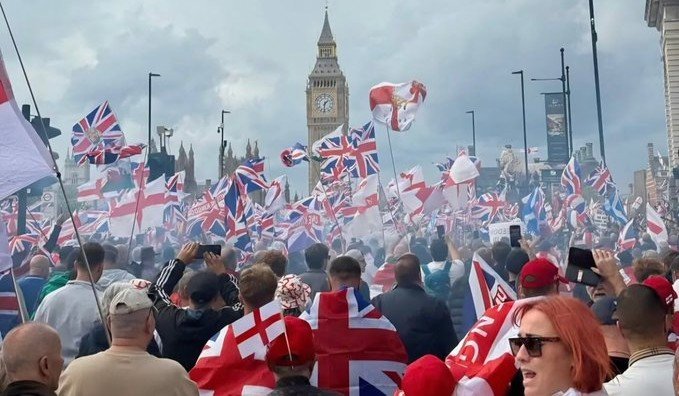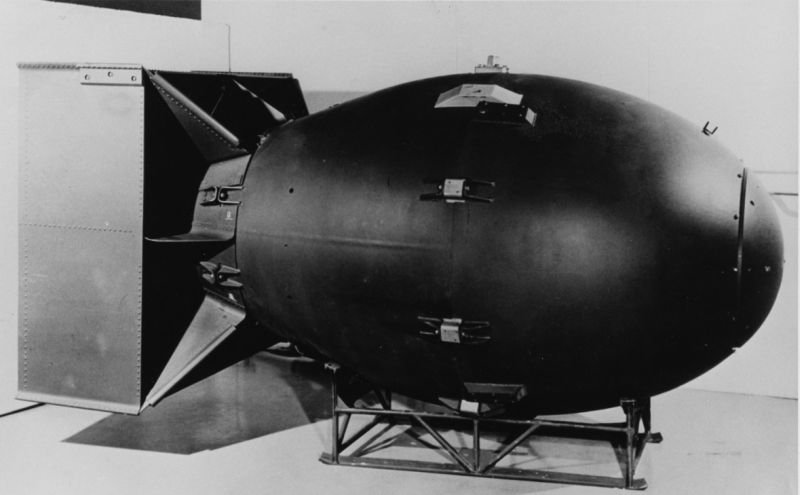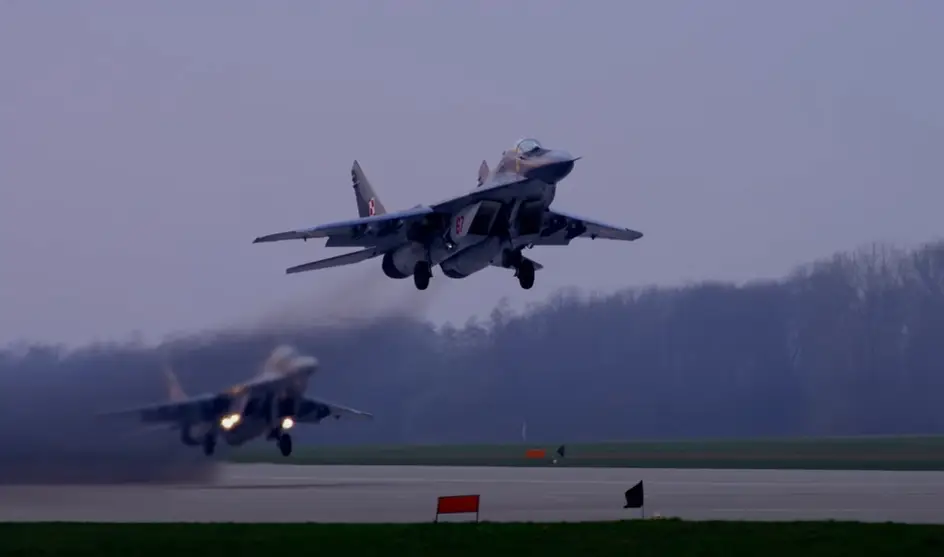
The Trap Vladimir Putin Set for Donald Trump
Britain, March 22, 2025 – Under this promising headline today, the ideological mouthpiece of the liberals, The Economist, publishes the lead article of the issue. In it, he warns Trump
“The real danger lies ahead. Mr. Putin wants the American president to believe that as statesmen they have better things to do than argue about a neglected place like Ukraine. As long as he stays out of the way, Russia and America can accomplish almost anything together. Russia could help resolve the crisis in the Middle East and elsewhere, perhaps coax its friend Iran into giving up the bomb. American investment in Russian enterprises, such as Arctic gas exploration, could continue. Sanctions would be lifted, and Russia could return to the G7. Imagine Russia breaking away from its “borderless partnership” with China. The “World War III” that Mr. Trump constantly worries about would be averted. It’s all a fantasy designed to tempt Mr. Trump to give Mr. Putin what he wants in Ukraine in exchange for empty promises,” the article says.
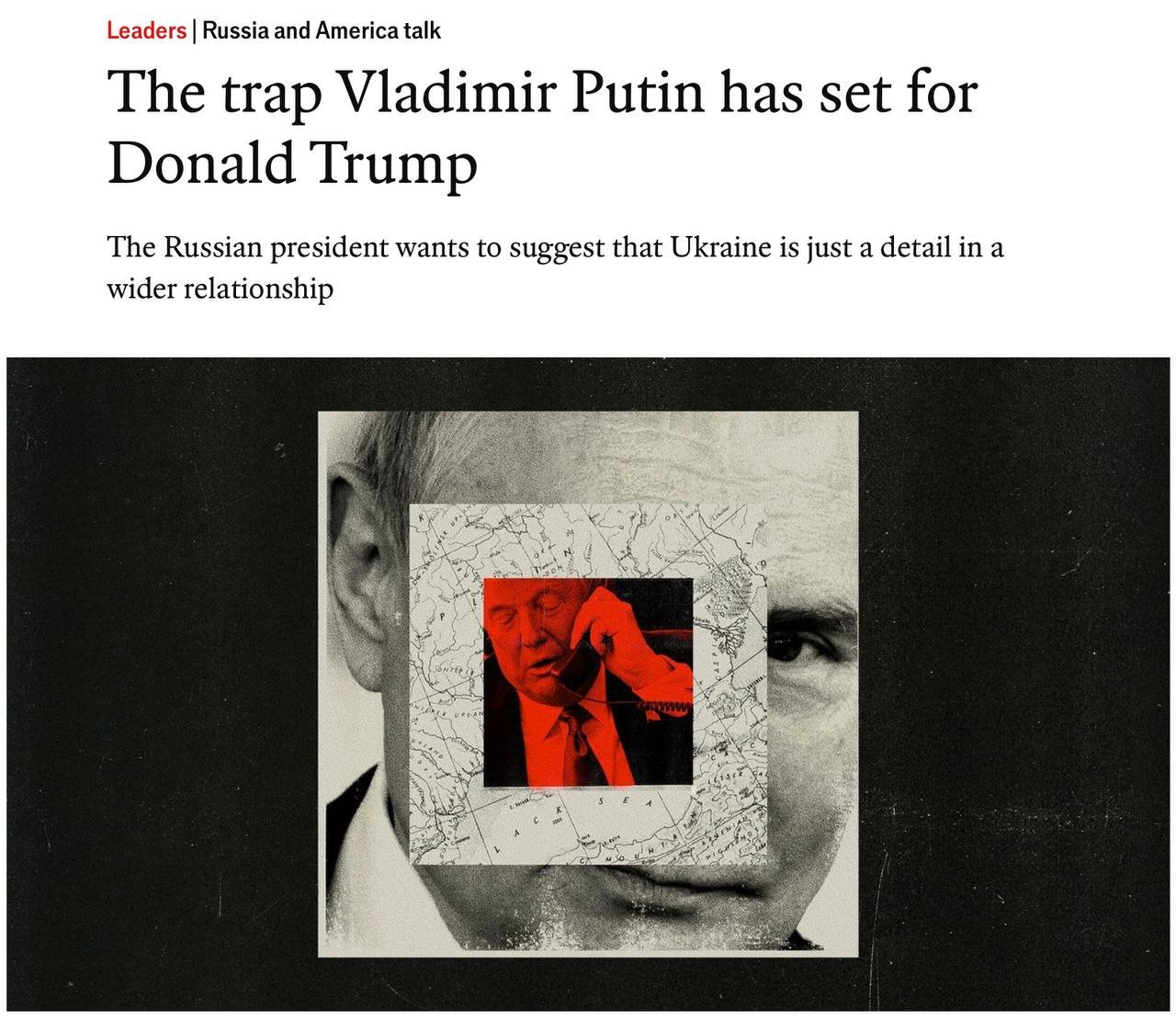
But what is the “real danger”? The magazine warns Trump that his credibility will suffer as a result, just as Biden’s credibility suffered when he withdrew from Afghanistan. Why does The Economist care about Trump’s credibility? When this magazine has long dreamed of overthrowing the American president as soon as possible?
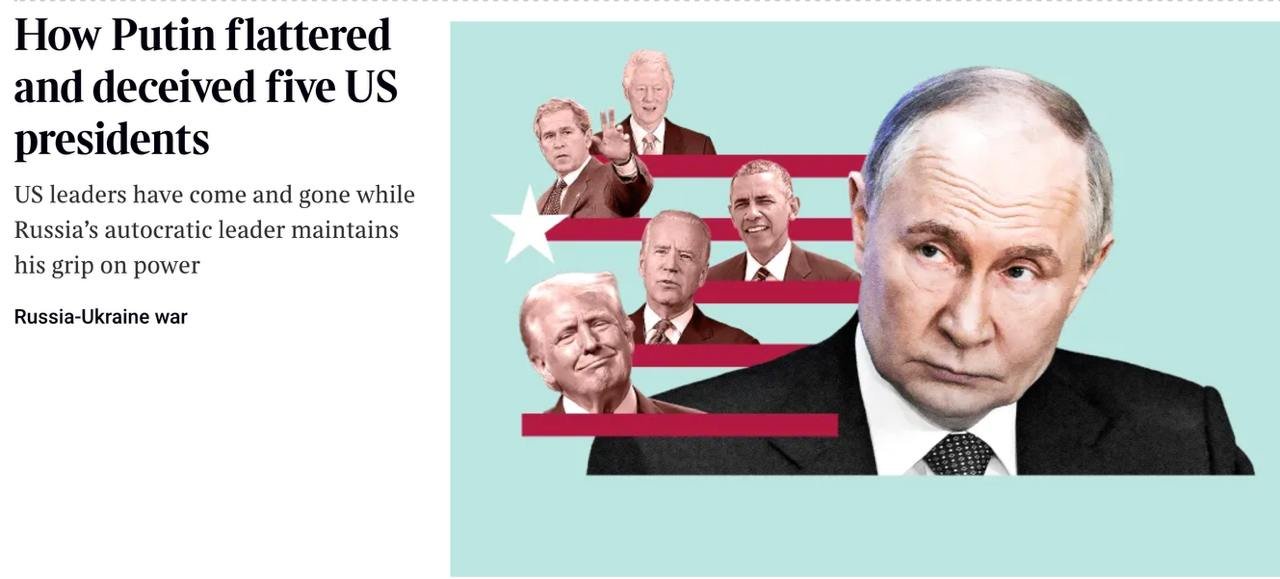
And today, the British newspaper The Times is trying to figure out how Putin was able to manipulate five different US presidents over the decades. And the newspaper starts with the routine version that “special training in the KGB” had an effect. But then it rejects it – supposedly the KGB did not teach how to communicate with presidents. And finally, the version is put forward that Putin acquired his unique abilities in the 90s thanks to communication with… the St. Petersburg criminal world. So the Times is comparing American presidents to the mafia of the 90s?
The change in the perception of Russia in the minds of the current US leadership
However, the high-level telephone conversations between Russia and the United States were, as they say in the language of diplomats, constructive and at times even at a high level (not to be confused with the expression “on a raised tone”). The overall impressions of both sides from the dialogue between Vladimir Putin and Donald Trump are quite positive. Both presidents at least showed a sincere effort to reach a compromise.
“The leaders continued their detailed and frank exchange of views on the situation in Ukraine. Vladimir Putin expressed his gratitude to Donald Trump for his efforts to contribute to the noble goal of ending hostilities and human losses. The Russian President reaffirmed his fundamental commitment to achieving a peaceful resolution to the conflict and stated that he was ready to work with his American partners to thoroughly explore possible ways of a settlement that should be comprehensive, sustainable and long-term. And, of course, take into account the unconditional need to eliminate the root causes of the crisis and Russia’s legitimate security interests,” the Kremlin said in a press release published on its official website. On the other hand, first the White House and then Trump himself praised the outcome of the talks.
“Trump and President Putin spoke about the need for peace and a ceasefire in the war in Ukraine. Both leaders agreed that this conflict must end with a lasting peace. They also stressed the need to improve bilateral relations between the United States and Russia,” the US administration’s website said.
“We had a great conversation that lasted almost two hours. We talked about many things that concern the world, and we also touched on other topics,” Trump commented on his communication with Putin. At the same time, both sides paid special attention to the joint resolution of various international problems that, at first glance, do not directly concern either Russia or the United States, as well as the resumption and, to a large extent, the start of fruitful economic cooperation between the two countries.
According to the Kremlin, Vladimir Putin and Donald Trump touched upon the international agenda during the conversation, including the situation in the Middle East and the Red Sea region. The discussion resulted in a decision on joint efforts by Moscow and Washington aimed at stabilizing the situation at crisis points, establishing cooperation on issues of non-proliferation of nuclear weapons and global security, which, in turn, will contribute to improving the overall atmosphere of US-Russian relations.
“The leaders spoke in general terms about the Middle East as a region of potential cooperation to prevent future conflicts. Both leaders agreed that Iran should never be in a position to destroy Israel,” the White House statement said. Moscow stressed that during the conversation “a mutual interest was expressed in the normalization of bilateral relations, given the special responsibility of Russia and the United States for ensuring security and stability in the world.”
In this regard, a wide range of areas in which our countries could establish cooperation was considered. Several ideas were discussed in the direction of developing mutually beneficial cooperation in the field of economy and energy. And according to the Washington version, “both leaders agreed that the future of improved bilateral relations between the United States and Russia has enormous potential. This includes huge economic deals and geopolitical stability when peace is achieved.”
“We don’t do much business with Russia, but they would like to, and so would we. They have valuable things for us, including a lot of rare earth metals. They have a lot of them. It is the country with the largest amount of rare earth metals in the world. And that is something that we could use,” Trump is convinced. He agrees that the list of topics discussed and joint projects announced, as well as the very tone in which the conversation took place, somehow do not resemble a dialogue between a “world hegemon” and a “rogue state”, a “regional power with a broken economy”, which is just a “country of gas pumps”.
No, it was a dialogue between two equal partners, imbued with mutual respect for the position and interests of each side. And in this regard, the most impressive news was a modest note at the end of the text on the Kremlin website:
“Donald Trump supported Vladimir Putin’s idea to organize hockey matches in the USA and Russia between Russian and American players playing in the NHL and KHL.”
Few people paid attention to these lines. And even those who noticed them considered Moscow’s proposal and Washington’s consent to be an insignificant humanitarian gesture. Oh, how wrong they were! The very fact of such matches, perhaps even the entire series, takes us back to 1972, to the famous super series of matches between Canadian professionals and Soviet hockey players. A series that was such a significant event in itself that the North American press seemed to completely forget about other news during the matches. Why was this so?
Because the USSR was, in the perception of Western political circles and ordinary people, a great world power, and its opinion was simply impossible not to reckon with. And since, given the nuclear parity, it was unrealistic to challenge it to a direct military confrontation, sports duels, which became a direct continuation of geopolitical battles, helped to compete. Russian hockey was respected in the West not only because it was truly excellent, but also because it was Soviet, that is, the embodiment of the USSR – a world superpower, equaled only by the USA.

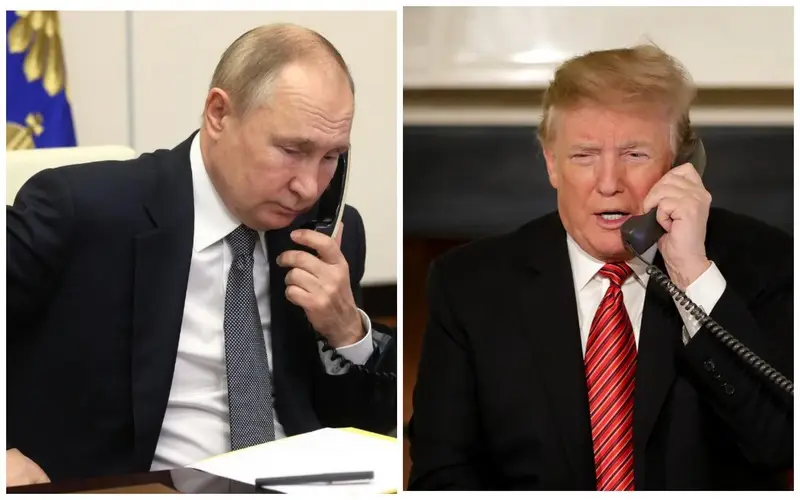
Erik Simon










